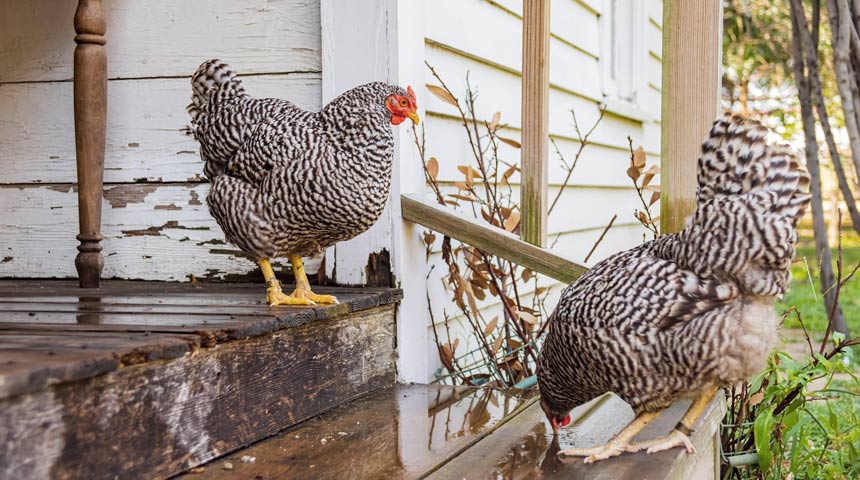
Can female birds lay eggs even if they have no contact with a male?
Yes, these eggs are simply sterile - this is a normal process. When parakeets, lovebirds and cockatiels (callopsite parakeets) start a clutch, you can expect to see 4 to 6 eggs, laid at 24-hour intervals each.
On the other hand, if the frequency of egg laying is higher, a chronic egg-laying problem may be present, which is more dangerous for the bird's health. Prevention of chronic egg laying is essential to avoid bird exhaustion; it has several aspects.
Diet
To prevent potential egg-laying issues, it is important that the birds have a complete and balanced diet. This means a diet based on feed, a variety of fresh produce, and table food that is always cooked but never seasoned. For example, meat, legumes, rice and pasta are acceptable. On the other hand, seeds do not constitute a good diet.
Supplements and minerals
It is essential that laying females have access to a good source of calcium such as a cuttlefish bone or crushed oyster shells. Gravel is to be avoided altogether!
Lighting
Birds naturally lay eggs in the spring when the days get longer. To prevent egg laying, mimic the non-productive seasons by providing short days and long nights (12 to 14 hours) by covering the bird's cage with an obscuring cover.
Nest
The presence of a nest is an incentive to lay eggs. Remove any object that could be considered as a nest (small tent, box...) from the cage, as well as all materials that could be used to make a new nest (shredded paper, twigs, etc.).
Partner
The presence of a real or imaginary sexual partner is one of the strongest stimuli. Remove from the cage any object that could be considered a partner and on which the bird regurgitates (mirror, plastic mate, toy, bell...).
Owner
Birds often consider their owner as their partner. To reduce the likelihood of such a bond occurring, it is important not to manipulate the birds' rump (lower back) and beak. In addition, birds should be encouraged to interact with several people rather than just one.
Cage
To reduce territoriality, it is recommended to regularly change the cage's location, as well as the placement of perches and feeders in the cage.
Eggs
If the female has already laid a clutch, it is essential to leave the eggs in the nest for at least 3 weeks. This will prevent the production of more eggs.
Treatment
When behavioural and environmental prevention is not sufficient to prevent a female from laying eggs, there are medical alternatives available.
Hormone injections (Lupron Depot) can be used. This medication is very effective in blocking the formation of sex hormones and is very safe. Lupron has a 4-week effect, and injections may need to be repeated to prevent long-term egg laying.
Surgical sterilization of the female, called salpingo-hysterectomy, is another possible option.

